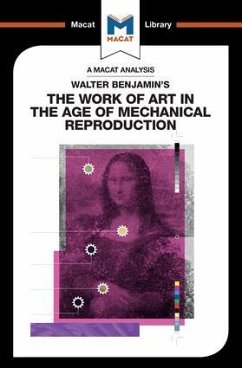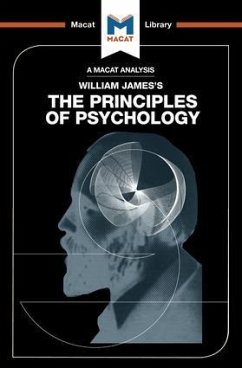
An Analysis of Marcel Mauss's The Gift
The Form and Reason for Exchange in Archaic Societies
Versandkostenfrei!
Versandfertig in 1-2 Wochen
12,99 €
inkl. MwSt.

PAYBACK Punkte
6 °P sammeln!
In The Gift (1925), Marcel Mauss elevates a simple gift from the status of innocent object to something that has the capacity to motivate people and define social relationships.














